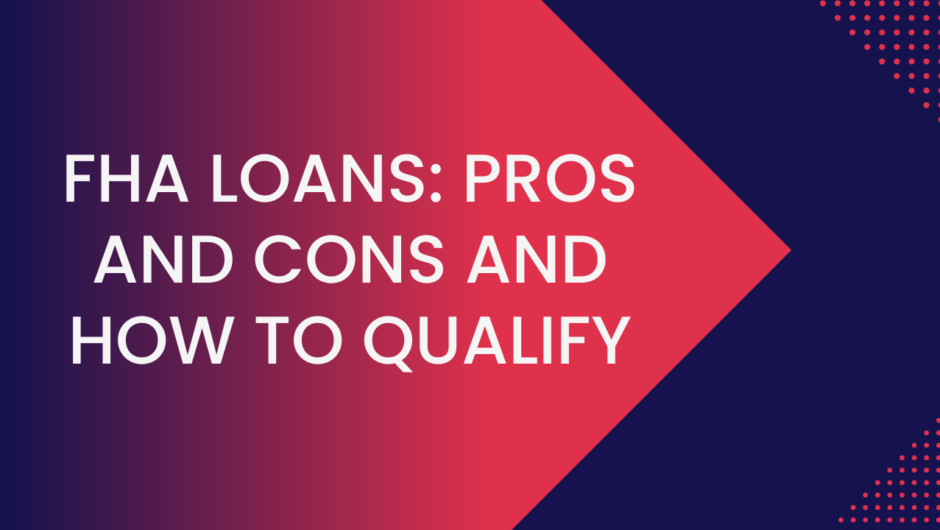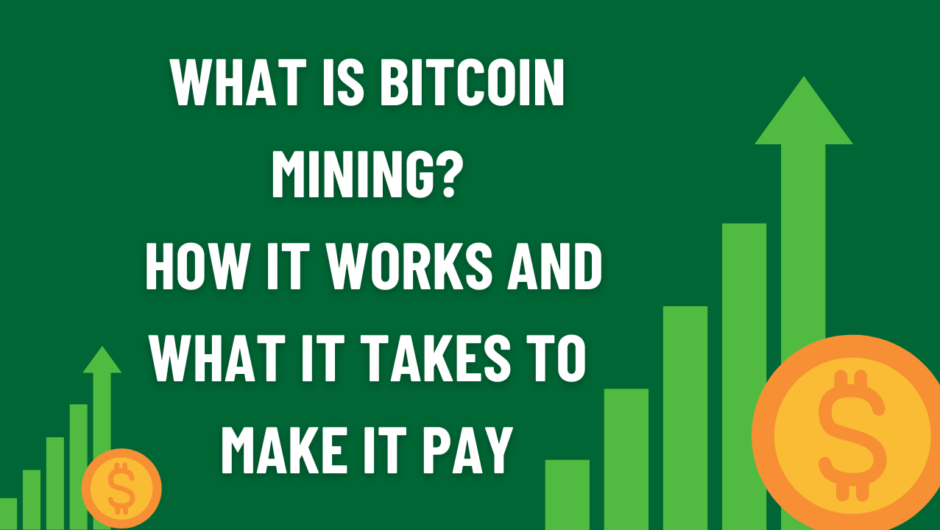Private Mortgage Insurance, also known as PMI, is a type of insurance that protects lenders in case a borrower defaults on their mortgage payments. PMI is usually required when a borrower makes a down payment of less than 20% of the home’s purchase price. In this article, we will explore the requirements and costs associated with private mortgage insurance.Private mortgage insurance (PMI) is a type of insurance that lenders require borrowers to purchase when they have a conventional loan and are unable to make a 20% down payment. PMI protects the lender in case the borrower defaults on the loan.
What is Private Mortgage Insurance (PMI)?
Private Mortgage Insurance is an insurance policy that lenders require when borrowers make a down payment of less than 20% of the home’s purchase price. PMI protects the lender in case the borrower defaults on their mortgage payments. This type of insurance is usually required for conventional mortgages, but not for government-backed loans such as FHA loans and VA loans. PMI typically costs between 0.3% and 1.5% of the original loan amount annually, depending on factors such as the borrower’s credit score, loan-to-value ratio, and the size of the down payment. The cost of PMI is typically added to the borrower’s monthly mortgage payment.
How does Private Mortgage Insurance work?
PMI works by transferring the risk of default from the lender to the insurer. If the borrower defaults on their mortgage payments, the lender can file a claim with the insurer to recover some or all of their losses. PMI premiums are paid by the borrower, and the cost is typically included in the monthly mortgage payment. PMI is required until the borrower has paid off a certain percentage of the loan, which is typically when the loan-to-value ratio reaches 80%. At that point, the borrower can request that the lender cancel the PMI. Alternatively, the lender may automatically cancel the PMI when the loan-to-value ratio reaches 78%.
When is Private Mortgage Insurance required?
Private Mortgage Insurance is typically required when the borrower makes a down payment of less than 20% of the home’s purchase price. For example, if a borrower is buying a home for $300,000 and makes a down payment of $60,000 (or 20%), they would not be required to pay PMI. However, if the borrower makes a down payment of $45,000 (or 15%), they would be required to pay PMI.
How much does Private Mortgage Insurance cost?
The cost of PMI varies depending on several factors, including the size of the down payment, the loan amount, and the borrower’s credit score. In general, PMI premiums can range from 0.3% to 1.5% of the original loan amount per year. For example, if a borrower has a $200,000 mortgage and pays a PMI premium of 1% per year, they would pay $2,000 per year (or $166.67 per month) for PMI.
How is Private Mortgage Insurance paid?
PMI is typically included in the borrower’s monthly mortgage payment. The premium is added to the mortgage payment and paid to the lender. The lender then pays the PMI premium to the insurer.
How long do I have to pay Private Mortgage Insurance?
The length of time a borrower is required to pay PMI varies depending on several factors, including the type of mortgage and the size of the down payment. For conventional mortgages, the borrower is typically required to pay PMI until they have built up at least 20% equity in the home. This can be done through a combination of paying down the mortgage balance and home price appreciation.
How can I avoid paying Private Mortgage Insurance?
There are several ways to avoid paying Private Mortgage Insurance, including:
Make a larger down payment: If a borrower makes a down payment of 20% or more, they will not be required to pay PMI.
- Get a piggyback loan: A piggyback loan is a second mortgage that can be used to cover the down payment. By using a piggyback loan, the borrower can avoid paying PMI.
- Look into lender-paid mortgage insurance: Some lenders offer lender-paid mortgage insurance, which means that the lender pays the PMI premium instead of the borrower. However, this option usually results in a higher interest rate.
How do I cancel Private Mortgage Insurance?
Once a borrower has built up at least 20% equity in their home, they can request to have their PMI cancelled. It’s important for borrowers to understand the requirements and costs of PMI when taking out a conventional loan with less than a 20% down payment. PMI can add significant costs to the monthly mortgage payment, and borrowers should factor this into their budget when considering how much house they can afford. Additionally, borrowers should be aware of when they may be able to cancel the PMI to potentially save on costs in the long run.
Conclusion
Private Mortgage Insurance (PMI) is a type of insurance that lenders require borrowers to purchase when the down payment on a home is less than 20% of the purchase price. The purpose of PMI is to protect the lender in case the borrower defaults on the mortgage.
While PMI can make it easier for borrowers to qualify for a mortgage with a lower down payment, it also adds an additional cost to the monthly mortgage payment. In some cases, it may be more financially beneficial for a borrower to save up for a larger down payment in order to avoid PMI.
Also Read:
- Conditional Mortgage Approval: Tackling The Common Questions
- How Much Is Life Insurance In Canada?
- Essential Guide For Planning Your Home Renovation Budget With Personal Loan
- How to safeguard the future of your child through financial planning?

Hello, I am Tanisha Kriplani, graduated in computer science from Delhi University. I am passionate about web content writing and have a strong interest in Data Analytics and Data Engineering.











